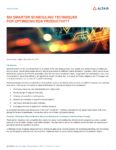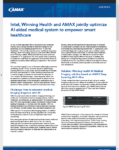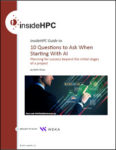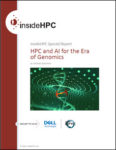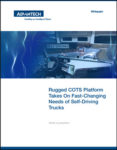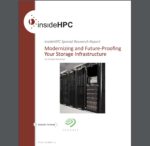[SPONSORED POST] Workload management plays a crucial role in helping design teams share limited resources, boost simulation throughput, and maximize productivity. In this white paper, “Six Smarter Scheduling Techniques For Optimizing EDA Productivity,” Altair discusses six valuable techniques to help improve design center productivity. By adopting these techniques and products in the Altair® Accelerator™ portfolio, organizations can realize higher levels of efficiency and performance and dramatically improve productivity with smarter workload scheduling.
Curating, Discovering and Disseminating HPC Research Elements Using iRODS
Data librarians currently manage far bigger data libraries and policy decisions regarding retention, quotas, file system performance, etc. require the consensus of those tasked with this challenge of curation. Decisions also have to be made regarding the federation of data sites promoting collaboration. In many instances the results of these policy decisions must be auditable to satisfy funding organizations as well as government entities.
How does a data librarian cope with these challenges always assuring that institutional policies are adhered to? Once assured of a collaborative environment, how does a researcher discover pertinent materials in her field?
VMware and Nvidia Partner on Hybrid Cloud Architecture
VMware and Nvidia announced today what the companies called “a broad partnership” in support of an enterprise platform for AI and a new architecture for data center, cloud and edge using Nvidia DPUs (data processing units). The collaboration will enable AI software on the Nvidia NGC hub to be integrated into VMware vSphere, VMware Cloud […]
For SC19 Next Year, HPC is Now
In this special guest feature, SC19 Chair Michela Taufer writes that the conference theme of HPC Now is already resonating in a market sparked by Big Data & Ai. “HPC is exciting, and not just because of the problems it will solve in the future. It’s exciting because of how it is being used right now to save and enhance lives. My own research spans many HPC areas, such as determining how HPC cyberinfrastructures can make it possible to determine how new drugs could turn protein functions on or off, or how food production could be improved by predicting when and where farmers should water their fields.”

